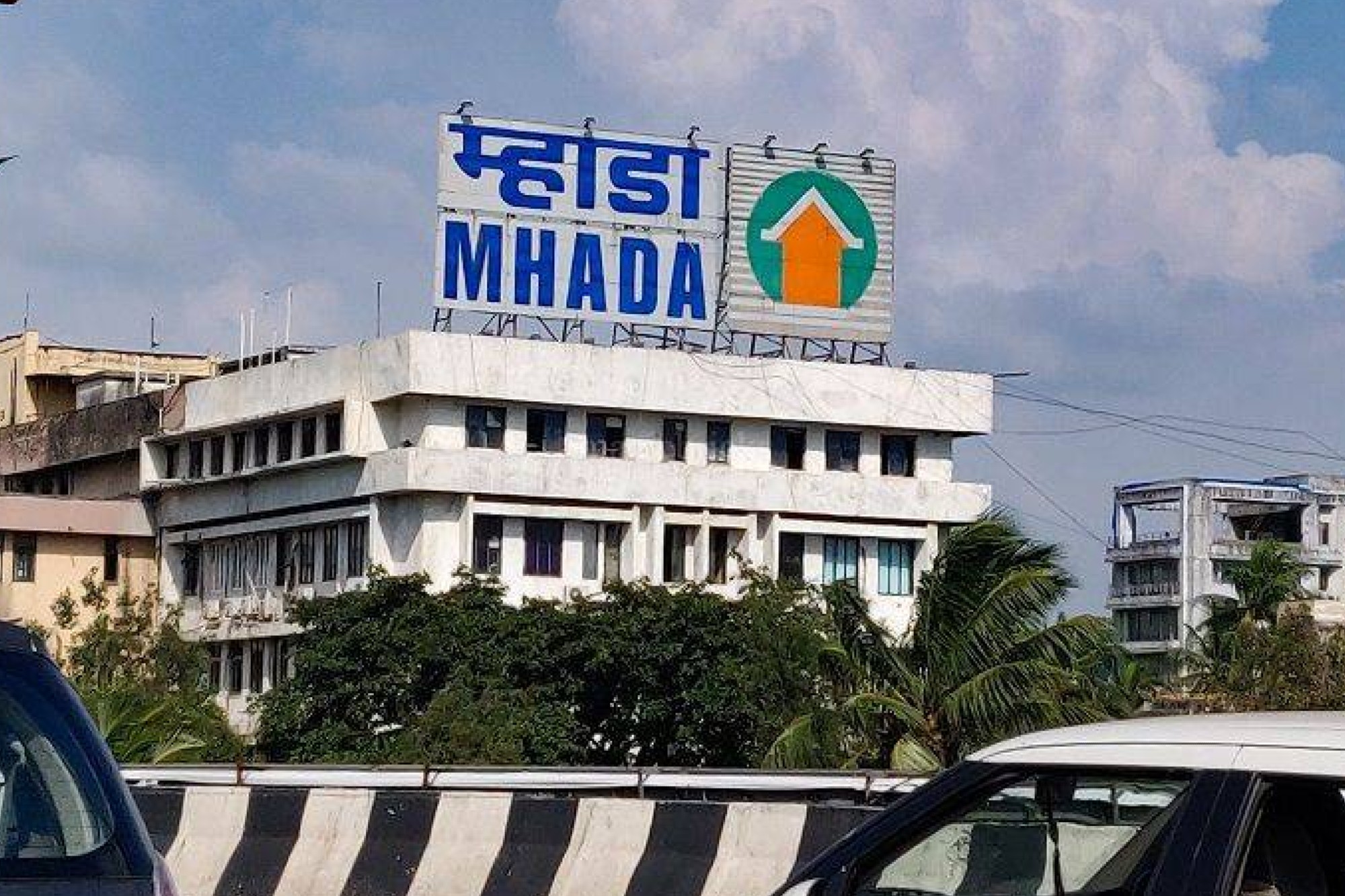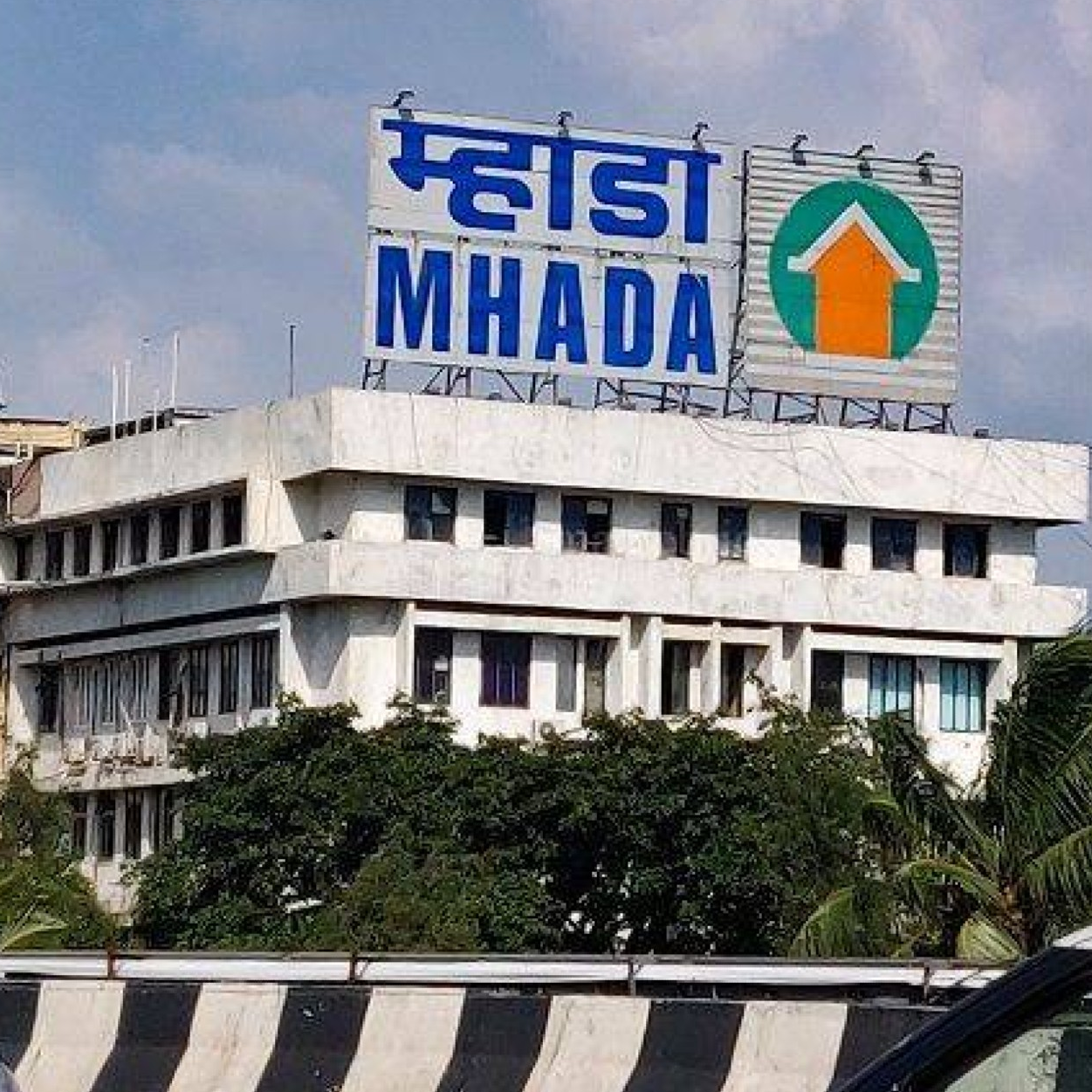
Mumbai Real Estate Reimagined: MHADA’s 6-Week NOC Promise Sparks New Hope for Cessed Building Redevelopment
In a landmark move that could redefine the future of Mumbai’s housing and urban development landscape, the Maharashtra Housing and Area Development Authority (MHADA) has introduced a sweeping reform to accelerate the redevelopment of the city’s aging cessed buildings. Under a new directive, redevelopment proposals submitted under Section 79A(1a) or 79A(1b), accompanied by at least 51% consent from residents, must receive a No Objection Certificate (NOC) within six weeks. This reform, a first of its kind in Mumbai’s real estate governance, aims to inject efficiency, accountability, and transparency into a process long hindered by bureaucratic delays and administrative complexities.
For decades, thousands of tenants living in dilapidated pre-independence structures across South and Central Mumbai have waited for redevelopment projects to materialize, often losing both patience and security. Many of these structures, categorized as “cessed buildings,” are at risk of structural collapse, yet their rehabilitation has been slowed by procedural red tape. Under the leadership of IAS Sanjeev Jaiswal, Vice President and CEO of MHADA, the authority has placed the NOC issuance under the Right to Service Act, creating a legally enforceable mechanism that holds authorities accountable for timely approvals. Should the NOC not be issued within the stipulated period, it will now be automatically deemed approved, marking a major shift from government discretion to guaranteed citizen service.
Rebuilding Mumbai’s Aging Core
Mumbai, India’s financial capital, carries the legacy of over 13,000 cessed buildings, living reminders of an era when the city’s architecture was built for a very different demographic and economic reality. These structures, though iconic in heritage, now pose pressing safety and sustainability concerns. The redevelopment of these aging buildings is not merely a real estate exercise, it represents a broader socioeconomic renewal where improved housing meets the promise of safer, more equitable urban living.
By converting procedural bottlenecks into time-bound mandates, MHADA has replaced bureaucratic opacity with predictable governance. The shift to a service-rights-based approach reinforces citizens’ confidence in the state’s capacity to deliver, creating a model that could serve as a blueprint for urban governance reforms across India.
From Red Tape to Right to Service
At the recently held 2nd Redevelopment Conference and Investors’ Summit organized by MHADA, the new framework was positioned as a model of speed, transparency, and shared responsibility. “Our goal is not merely to construct houses, but to rebuild lives, livelihoods, and trust in governance,” stated the leadership team, emphasizing that the initiative is not just about policy reform but about institutional credibility.
The inclusion of redevelopment NOCs under the Right to Service Act represents more than procedural reform, it is a statement about public accountability. Time-bound approvals are now a matter of legal compliance rather than administrative goodwill, ensuring that redevelopment no longer stalls due to systemic inefficiencies.
An Ambitious Five-Year Vision
The target of 8 lakh affordable homes will be driven by both state investment and private participation. MHADA plans to invest Rs 6,609 crore, while developers are expected to contribute nearly Rs 1.28 lakh crore. The focus areas include high-density clusters such as GTB Nagar, Abhyudaya Nagar, Motilal Nagar, and the iconic BDD Chawls, each representing a fusion of heritage, housing demand, and community identity.
These projects will not only provide safer living conditions but will also improve civic infrastructure, green space availability, and disaster resilience in the heart of India’s most vertical city.
Policy Innovation Backed by Economic Rationality
MHADA’s new policy framework integrates economic incentives with sound urban planning. The provision of FSI 3.00, along with rehab-plus-incentive options offering up to 100% additional FSI for cessed and non-cessed structures, aims to make redevelopment financially viable for developers while ensuring fair rehabilitation for tenants.
Additionally, the reuse of surplus tenements under Regulation 33(9) for transit accommodation, without requiring prior MCGM or MMRDA approval, cuts through layers of red tape. Financial reliefs such as a 13% reduction in interest rates, installment-based premium payments, and GST relaxation on rehabilitation components strengthen project feasibility.
The Emerging Rental Revolution
In parallel, MHADA is reshaping Mumbai’s approach to rental housing. Acting as the nodal agency for affordable rental housing, the authority is introducing a Rental Housing Index and proposing a 100% income tax exemption on rental income for ten years. By leveraging unused MHADA land for rental projects and standardizing tenement pricing at 125% of District Schedule of Rates (DSR), the policy ensures inclusivity and affordability.
This strategy recognizes a fundamental truth of urban India, that affordability and flexibility are as crucial as ownership. By broadening access to affordable rentals, MHADA is addressing the evolving needs of migrant and working populations, making the city’s housing ecosystem more resilient.
The MMR Growth Hub: Scale, Synergy, and Sustainability
The MMR Growth Hub initiative stands as MHADA’s flagship strategy to scale redevelopment and affordable housing delivery. With 7.82 lakh housing units planned, under a 60% sale and 40% free rehabilitation model, the project aims to balance market forces with social responsibility.
Each unit, averaging Rs 50 lakh in cost, could catalyze a housing-led economic revival worth over Rs 1.5 lakh crore. The initiative also promises secondary economic benefits, generating employment across construction, logistics, and allied sectors while uplifting the lives of nearly a million residents.
Governance as a Public Good
MHADA’s evolving governance model is rooted in measurable outcomes, collaborative problem-solving, and ethical transparency. The emphasis on building institutional credibility through data-driven, legally binding service delivery has elevated MHADA’s role from an administrative body to a reform-driven public institution.
A Constructive Way Forward
While the challenges of redeveloping Mumbai’s old cessed buildings remain complex, MHADA’s reforms have injected renewed optimism into the sector. By combining time-bound governance, fiscal innovation, and stakeholder collaboration, the authority is creating a framework that is both progressive and pragmatic.
Citizens and developers are encouraged to follow verified updates through MHADA’s official channels to ensure clarity and transparency in the redevelopment process.
As Mumbai prepares for a generational transformation of its housing fabric, the true measure of success will lie in the balance between growth and governance, and in the renewed confidence that effective public leadership can bring to India’s urban story.


